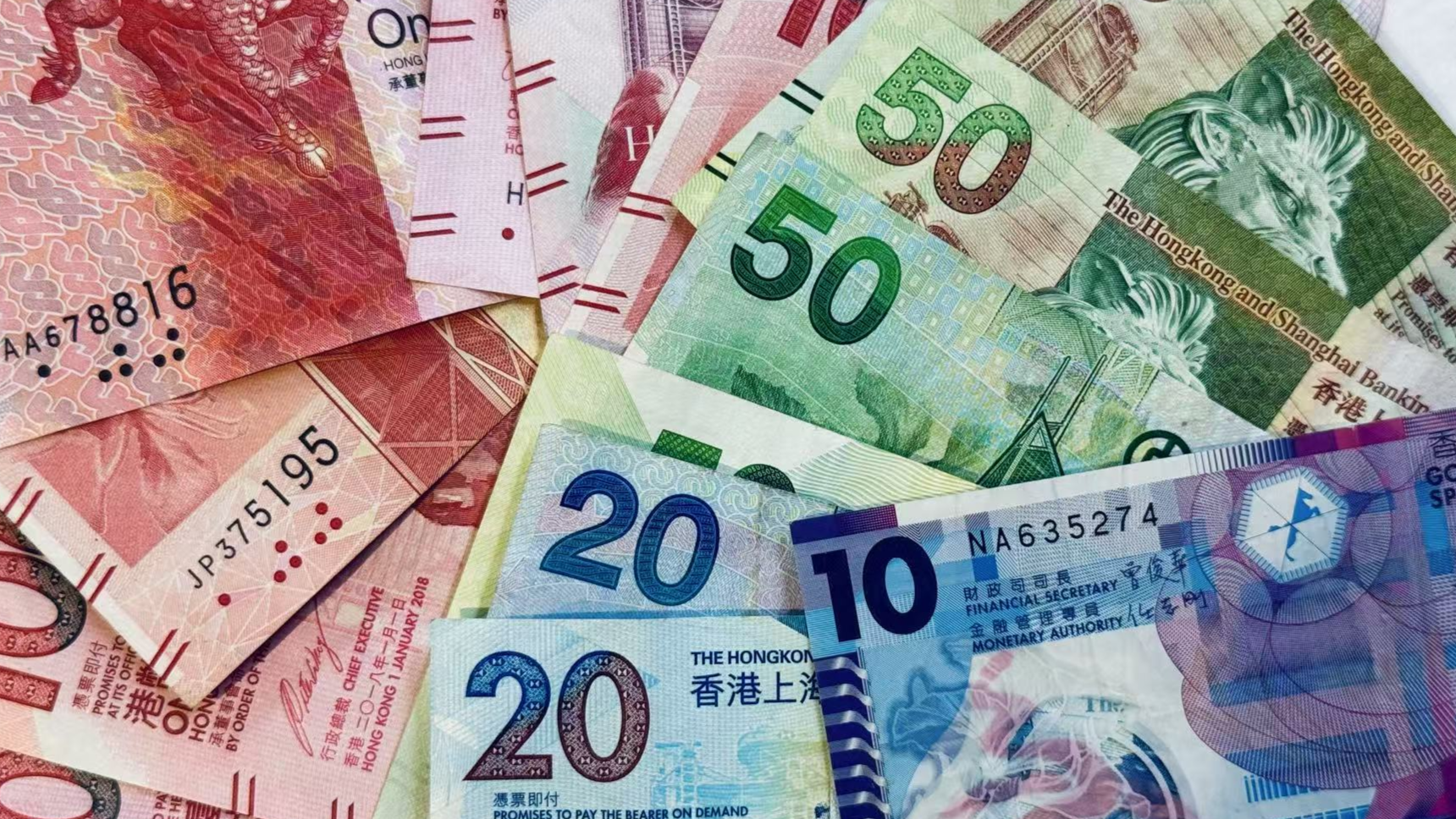
A spike in Hong Kong dollar volatility due to higher borrowing costs may prove to be short-lived, according to option pricing.
While near-term implied volatility, a measure of expected future moves of the pair, shot higher on Tuesday, longer-term measures remain in a five-week trading range, signaling traders see the move as temporary.
The Hong Kong dollar spent two months testing the lower boundary of its 7.75-7.85 trading band against the dollar and surpassed the midpoint on Tuesday. Its advance - which spurred hedge funds to unwind short positions — is an early sign that sustained interventions by the Hong Kong Monetary Authority to withdraw liquidity may be taking effect. Stock inflows also helped fuel the move.
The Hong Kong dollar’s one-month Hibor — a benchmark for interbank funding costs — spiked nearly 2 percentage points since last Wednesday. That marks its biggest five-day advance since 2008.
The implied volatility spread between one-month and one-year tenors is the widest in more than 15 years, according to Ivan Stamenovic, Hong Kong-based head of Asia Pacific G-10 FX trading at Bank of America Corp. That suggest the options market “still sees this spot volatility as temporary,” he said.
ALSO READ: Hong Kong dollar bounces back on stock inflows, Hibor surge
The pair’s one-month tenor jumped from 1.24 vol on Aug 13 to as high as 1.92 on Aug 15. Meanwhile, one-year implied volatility remains in the same trading range it has been in over the last five weeks.
“Unlike the price action we had in May, the majority of the price shock is in the front dates and long-end remains subdued,” said Stamenovic.
Option trading volume for the Hong Kong dollar versus dollar pair exceeded $10 billion on Tuesday, with euro-dollar the only pair globally with bigger volumes in the session, according to data from The Depository Trust & Clearing Corporation.
Around 30 percent of the $42 billion in long dollar positioning versus the Hong Kong dollar that was accumulated by hedge funds has been unwound due to the recent price action and HKMA currency interventions, according to researchers at Barclays.


